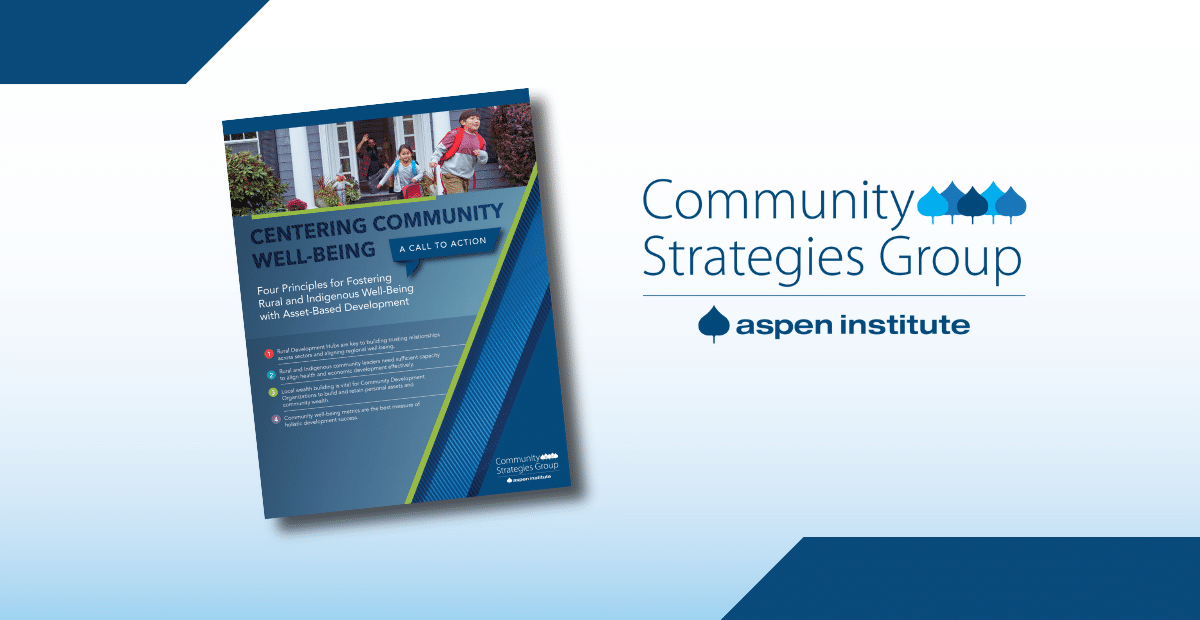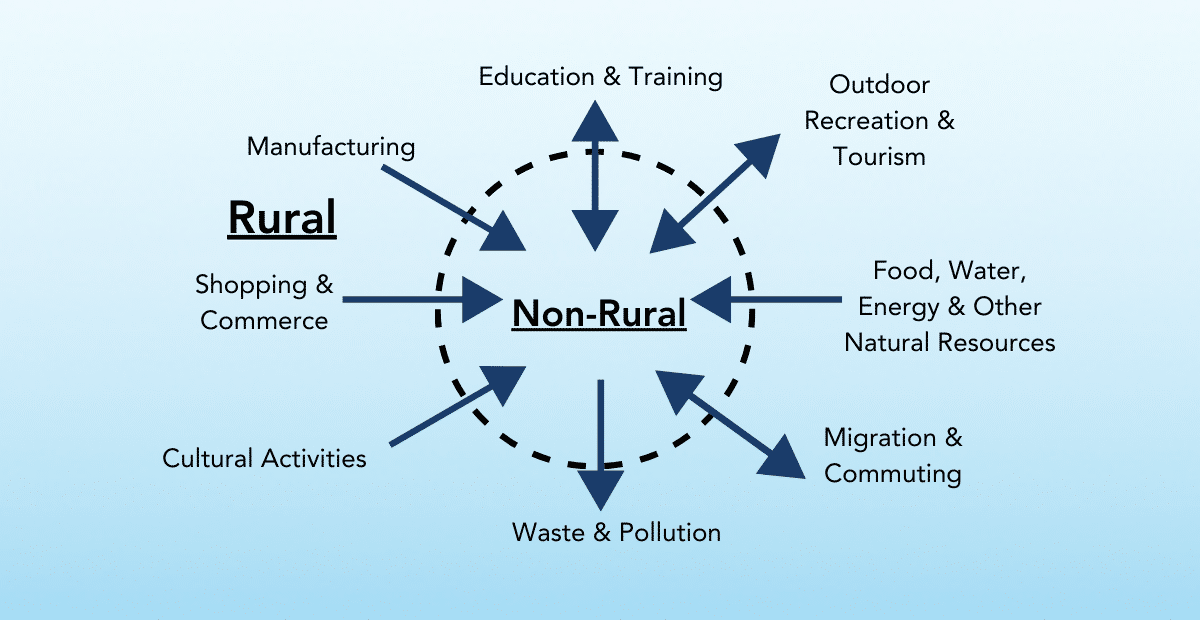View this Publication
Book explains, explores and illustrates how policymakers and practitioners, particularly in rural areas- can move toward cluster-focused economic development.
Chapter 1 sets the stage by defining several key concepts. It explains what cluster-focused economic development policymaking is all about—and why it has been so fiercely resisted. By the end of the chapter, the reader should know how to recognize a regional cluster—and understand why it’s necessary to do so.
Chapter 2 discusses how to collect and analyze data about a region’s clusters with an eye to developing targeted, relevant development strategies. It describes the kinds of data that are available, and explains the strengths and weaknesses of each data source. It emphasizes the absolute necessity of rigorous analysis, and the various tools and techniques available for these analyses. It presents case studies that illustrate the points made, and provides a checklist to use to better understand a region’s industries.
Chapter 3 explains how to identify and target a region’s clusters and how to develop strategies appropriate to those clusters and their needs. It presents various classifications of strategies, emphasizing their different purposes and techniques. It provides examples for many of the strategies discussed.
Chapter 4 presents two full-length case studies that show how a region in North Carolina successfully applied the tools, techniques and philosophy of cluster based economic development.
Chapter 5 gives state, federal and local governments separate, step-by-step guidance in implementing cluster-based development policies and programs. It defines their roles vis-à-vis these policies and programs, and warns of the factors that can sabotage these new approaches to economic development.








